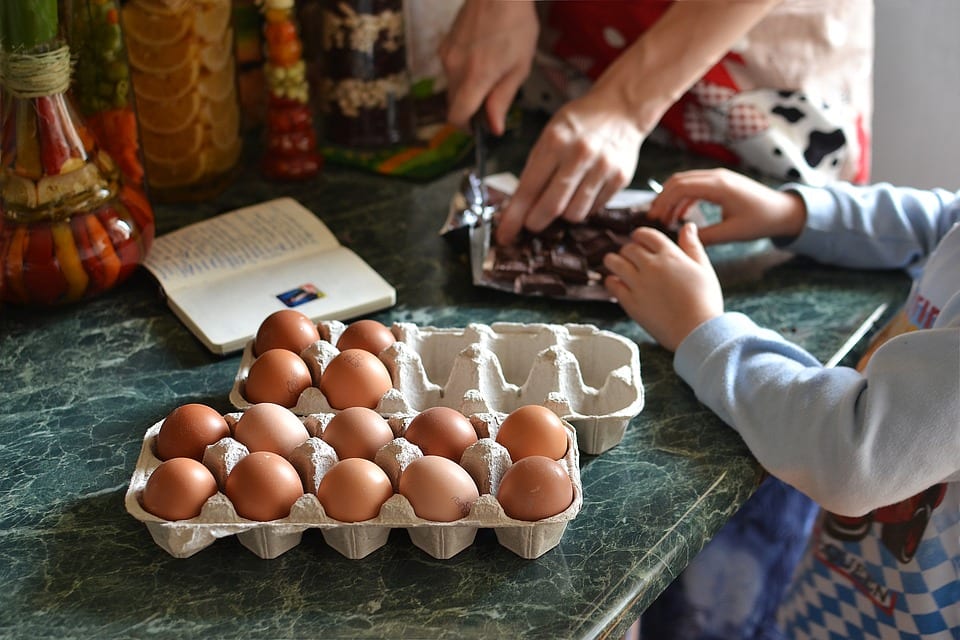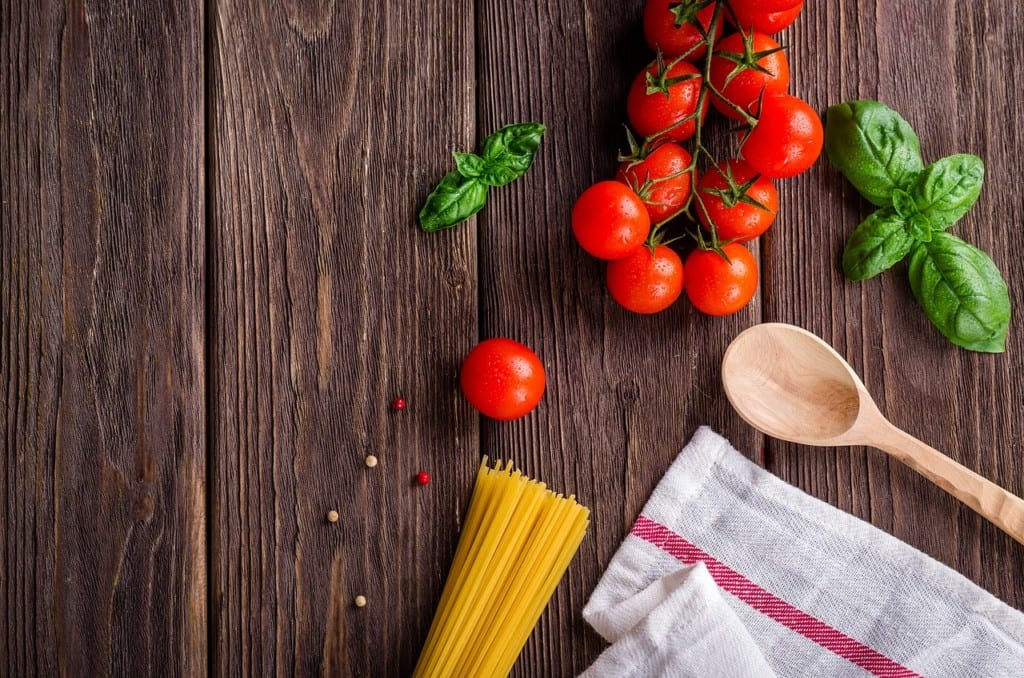It’s a big joke among friends and family that I don’t cook. The truth is, I cook a lot, I just don’t love cooking. There, I said it. I would rather someone else cook for me and serve me a nice piping hot plate of food. But that’s not the reality. I’m the parent who is home more and the fact that we cannot afford to eat out every night (darn it), the majority of cooking falls to me. Since I do not love cooking, I found it ironic my kids seemed to want to be in the kitchen with me all the time. I had to learn to love navigating not only the kitchen but their “helpful” presence as well. I found some tricks that helped me and some unexpected life learning skills as well. These are my do’s and do not’s. You will find the right groove for your family too.
The Do NOT’s
Lesson 1: I learned early on, I did not like cooking with all three kids at the same time. It was stressful and resulted in me hating to cook with the kids all together. The kitchen can be a great place to teach, bond and learn, but it can also be dangerous. I needed to properly supervise and have fun all at the same time. If I am stressed trying to monitor too many kid cooks in the kitchen, this is not happening, (especially the fun part). It’s OK to have a boundary here. I started a routine of only cooking with 1 kid at a time, taking turns. This caused some fussing at first, but I stayed firm and they got used to it
Lesson 2: I do not allow helper kid cooks when I am attempting an overly complicated or new recipe.
Lesson 3: I say no when I am overly tired and cannot muster the energy to monitor an extra helper in the kitchen, or if we are in a rush. It’s not worth the aggravation I will end up showing them instead of something we enjoy together.
Lesson 4: I do not clean up after them. If they want to cook, they clean.
The DO’s
Lesson 1: I allow for a mess. I never want to be so caught up in worrying about the mess that I miss out on the moment. There is always time to clean up later.
Lesson 2: I do allow them to walk away. They are kids with short attention spans and sometimes they get distracted. If they start cooking with me and do not follow through until the end, that’s fine. It is meant to be enjoyable, not forced.
Lesson 3: I try to lay out all the ingredients beforehand, this helps me to streamline the process and cause less confusion.
Lesson 4: I allow them to choose what to cook (when applicable). It helps them to be invested and interested in what we are making. Sometimes it’s a disaster, sometimes it is awesome.
Lesson 5: I allow for failure. My daughter made a birthday cake (for me) from scratch and it was a complete failure. The cake was dense and hard, and the icing wasn’t good either, but she tried. Of course, I loved it anyway, because she made it. She was upset at the result, but, many life lessons come through failure. I encouraged her that she could either let this defeat her and never try again, or we could learn from it and keep on trying. I also try to point out when something I made didn’t work out, pointing out my own shortcomings and failures as lessons on how to overcome, learn, and move forward. We all fail, but it is how we handle those failures that define our character. She did move forward and she has come far in her kitchen skills.
All my kids have confidence in the kitchen with respect to their various age levels. My oldest daughter is now eleven. She does not need much of my oversight, just some guidance from time to time. She has begun to cook entire recipes from start to finish with very little help. It has been wonderful to see her progress. I didn’t realize when they were toddlers the consistency of cooking together would lead to so much kitchen independence at a rather young age. It has also leaned itself to many life lessons, such as; trying again when you fail, cleaning up after yourself and the pure joy that comes with cooking for the people you love.
What are some of your tips and tricks to cooking with kids?

















